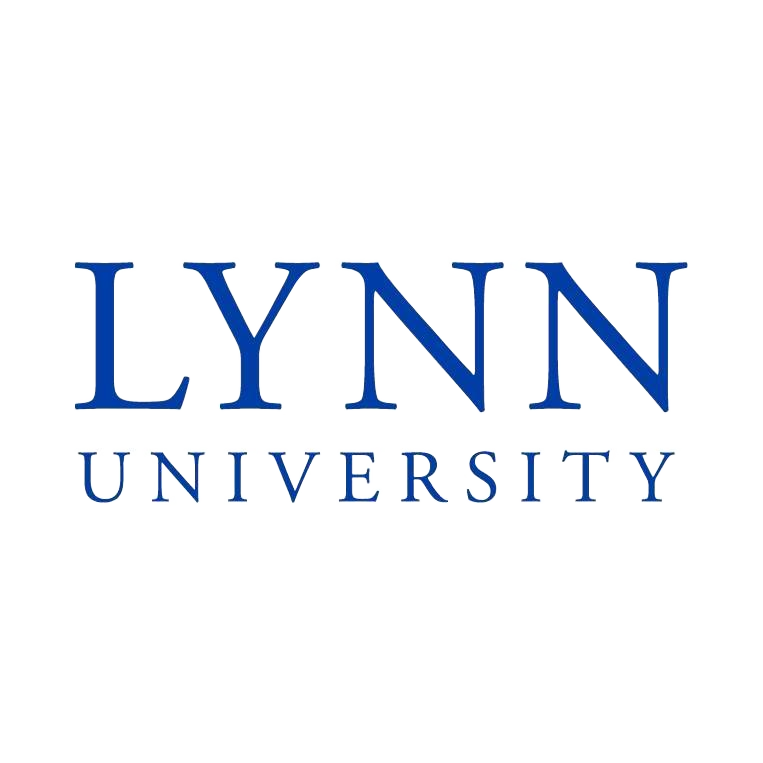
Financial aid (may be available)

Financial aid (may be available)

No cost info

No cost info

Financial aid (may be available)

Financial aid (may be available)

No cost info

Financial aid (may be available)

Financial aid (may be available)

Financial aid (may be available)

No cost info

$2,730 total
$3,286 total
No cost info
No cost info
No cost info

Financial aid (may be available)
$649 total
No cost info
No cost info

$4,995 total
If you're interested in pursuing a career in Human Resource Administration, you're in luck! There are several classes available near you in Hartford that can provide you with the training and certification you need to get started in this field. In this blog post, we will explore what Human Resource Administration is, the training requirements, what to look for in a class, what to expect from the day-to-day class, the certification process, how to find related jobs, and other classes you can take after becoming a Human Resource Administrator.

Human Resource Administration is a field that focuses on managing the people within an organization. HR administrators are responsible for a variety of tasks, including:
To become a Human Resource Administrator, you will need to complete a training program that covers the essential knowledge and skills needed for this role. While there are no specific educational requirements for entry-level HR positions, having a degree in Human Resources or a related field can be beneficial.
Human Resource Administration classes typically cover topics such as:
When searching for Human Resource Administration classes near you in Hartford, there are a few things to consider to ensure you find the right program for your needs. Here are some factors to keep in mind:
Accreditation: Look for classes offered by accredited institutions or organizations. Accreditation ensures that the program meets certain quality standards and that the certification you receive will be recognized by employers.
Curriculum: Review the curriculum of the class to ensure it covers all the essential topics mentioned earlier. It should provide a comprehensive understanding of Human Resource Administration and prepare you for the tasks and responsibilities of the role.
Instructor Qualifications: Research the qualifications and experience of the instructors teaching the class. They should have expertise in the field and be able to provide real-world insights and examples.
Class Format: Consider whether the class is offered in-person, online, or through a combination of both. Choose a format that suits your learning style and schedule.
Class Size: Find out how many students are typically enrolled in the class. Smaller class sizes often allow for more personalized attention and interaction with the instructor.
Human Resource Administration classes are designed to provide students with a combination of theoretical knowledge and practical skills. Here's what you can expect from the day-to-day class:
Lectures: You will attend lectures where the instructor presents the course material and provides explanations and examples.
Discussions: Class discussions allow you to engage with your peers and the instructor, ask questions, and share insights and experiences.
Case Studies: You may work on case studies that simulate real-world HR scenarios. This helps you apply the concepts learned in class to practical situations.
Assignments and Projects: You will complete assignments and projects that require you to analyze HR issues, develop strategies, and make recommendations.
Group Work: Collaborating with classmates on group projects allows you to practice teamwork and develop communication and problem-solving skills.
After completing a Human Resource Administration class, you may have the opportunity to obtain a certification in the field. Certification can enhance your credibility and job prospects as an HR professional.
The certification process typically involves the following steps:
Eligibility: Check the eligibility requirements for the certification you are interested in. This may include a certain level of education or work experience.
Exam: Prepare for and pass a certification exam. The exam tests your knowledge and understanding of Human Resource Administration principles and practices.
Continuing Education: Maintain your certification by completing continuing education courses or earning professional development credits. This ensures that you stay up-to-date with the latest HR trends and best practices.
Once you have completed your Human Resource Administration training and obtained certification, you can start exploring job opportunities in the field. Here are some ways to find related HR jobs:
Online Job Boards: Utilize job search websites and online job boards to search for HR positions in your area. Customize your search by location, experience level, and specific HR roles.
Networking: Tap into your professional network and attend industry events, job fairs, and HR conferences. Networking can help you discover hidden job opportunities and make valuable connections in the field.
Professional Associations: Join HR professional associations, such as the Society for Human Resource Management (SHRM), and take advantage of their job boards and resources. These associations often offer networking events and educational opportunities.
After becoming a Human Resource Administrator, you may choose to further enhance your skills and knowledge by taking additional classes. Here are some options to consider:
Advanced HR Management: This class delves deeper into strategic HR management, organizational development, and workforce planning.
Employee Training and Development: This class focuses on designing and implementing effective training programs and development opportunities for employees.
Labor Relations: Learn about labor laws, collective bargaining, and managing employee relations in a unionized environment.
HR Analytics: Gain skills in data analysis and learn how to use HR metrics and analytics to drive decision-making and improve organizational performance.
If you're interested in a career in Human Resource Administration, taking classes in Hartford can provide you with the necessary training and certification. By completing a comprehensive program, you'll gain the knowledge and skills needed to excel in this field. Remember to consider factors such as accreditation, curriculum, instructor qualifications, and class format when choosing a class. After completing your training and obtaining certification, you'll be well-prepared to pursue HR job opportunities and make a positive impact in the workplace.
For more information on vocational training programs and career options, visit Dreambound. Dreambound is the largest platform for students to find vocational training programs, such as allied health or industrial trades. Their mission is to provide all the information students need to find the perfect class.
Dreambound has an extensive collection of guides that dive deep into how to get started in the field, tailored for various cities. For those based in different locations or planning to move, we recommend exploring our other guides.
Are you exploring diverse professional opportunities? Take a closer look at these resources that Dreambound has written to help in your search.
Dreambound's platform allows prospective students to find the right educational program for them through searching, filtering, and connecting with our extensive selection of career & technical education partners.
Dreambound has over 70 programs across healthcare, technology, business, and industrial trades. This includes programs such as Medical Billing, Cybersecurity, and welding.
Some of our schools offer financial aid for those who qualify. Many others offer payment plans, where you can pay the cost of class over time.
Yes, Dreambound offers many online programs. On Dreambound's search, you can filter by online, in-person, and hybrid (part online, part in-person).
Dreambound is completely free for you to use! We are supported by schools and organizations who pay to advertise on our website, so we can offer all of our career resources for free.